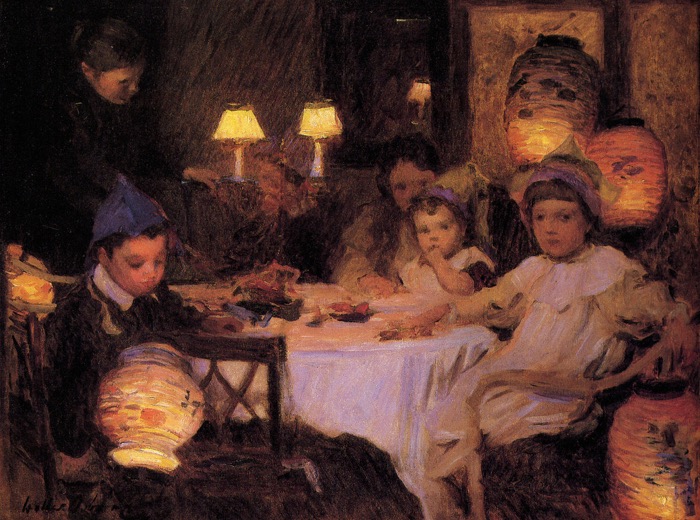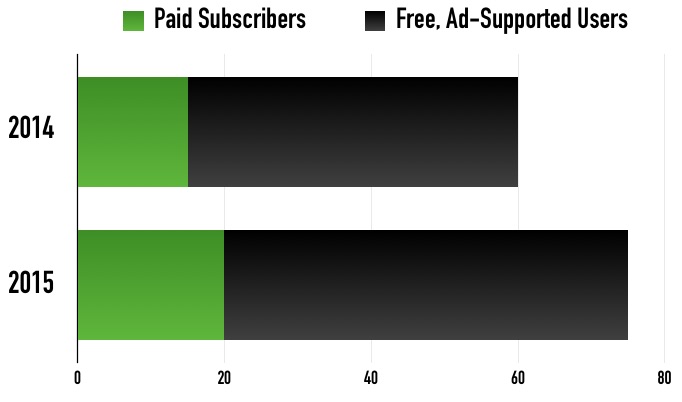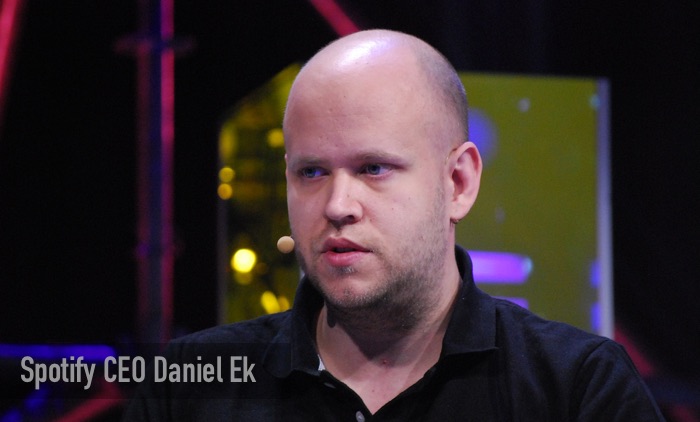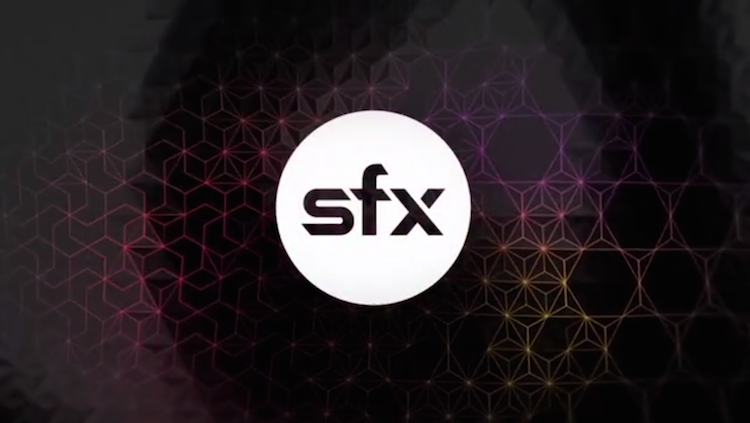If ‘Happy Birthday’ Was Written In 1893, Why Is It Still Copyrighted?

The following guest post comes from Charles Duan, an attorney at Public Knowledge.
My two-year-old son Alex loves songs—or rather, he loves one song, “The Wheels on the Bus Go Round and Round.” The song, of course, involves various parts of a bus doing various bus things. The wipers go swish, the horn goes beep, and the people go up and down.
This morning, as with most mornings, he started making up his own lyrics, mostly about trains, which reminded me of the ongoing Warner Brothers copyright lawsuit over the song “Happy Birthday to You.” Although most of the recent news has been courtroom drama about hidden documents and attorney motions, the basic story about the “Happy Birthday” song, one that gets lost in the fog of litigation, is about simple variations of the kind Alex invents.
The story of “Happy Birthday” starts in the 1890s, when two sisters from Kentucky, one of whom was a kindergarten teacher, wrote a song called “Good Morning to All.” The melody was what would ultimately become the “Happy Birthday” song, and the words went like this:
Good morning to you,
Good morning to you,
Good morning dear children,
Good morning to all.
The copyright in this song is dated 1893, meaning that the copyright expired long ago. “Good Morning to All” is now in the public domain, meaning it may be sung, printed, remixed or put to any use by anyone.
The catchy tune was quickly varied for use as more than a morning greeting. Patty Hill explained that the schoolchildren would use it with the words “Good-bye to you,” “Happy journey to you,” “Happy Christmas,” “Happy New Year,” “Happy vacation,” and, most famously, “Happy Birthday.” The song and its variations were widely popular, appearing in quite a few books in the early 1900s. But, the contention goes, the specific lyrics “Happy Birthday to You” were not set to that tune in authorized, printed form until 1935, meaning the copyright specifically in “Happy Birthday” still persists and will through 2030.<!–/*
* The backup image section of this tag has been generated for use on a
* non-SSL page. If this tag is to be placed on an SSL page, change the
* ‘http://72.52.81.231/revive/www/delivery/…’
* to
* ‘https://72.52.81.231/revive/www/delivery/…’
*
* This noscript section of this tag only shows image banners. There
* is no width or height in these banners, so if you want these tags to
* allocate space for the ad before it shows, you will need to add this
* information to the tag.
*
* If you do not want to deal with the intricities of the noscript
* section, delete the tag (from … to ). On
* average, the noscript tag is called from less than 1% of internet
* users.
*/–>
// <![CDATA[
var m3_u = (location.protocol==’https:’?’https://72.52.81.231/revive/www/delivery/r9.php’:’http://72.52.81.231/revive/www/delivery/r9.php’);
var m3_r = Math.floor(Math.random()*99999999999);
if (!document.MAX_used) document.MAX_used = ‘,’;
document.write (“”);
// ]]>But, you might ask, what does that copyright entail exactly? It’s not to the tune, since “Good Morning to All” used the exact same tune and the copyright there is expired. It can’t just be to the change in text, swapping “Good Morning” for “Happy Birthday,” because short phrases cannot be copyrighted. What remains for copyright, and what is driving the multi-million-dollar Warner Brothers litigation, seems to be just the particular setting and arrangement of that phrase to the existing tune, a simple variation of simple words.

Which brings me back to Alex and his bus song. Simple variations of simple words are the bread and butter of his toddler world:
- The wheels on the train go round and round
- The wheels on the train go train, train, train
- The train on the bus goes up and down (he was in a particularly abstract mood)
- The chocolate train goes “let’s go out” (he was hungry and wanted to play)
These sorts of ideas are the domain of playful minds, not of serious charges of piracy and misappropriation that concern federal law. It seems particularly surprising to me that this level of ordinary creativity, experienced by children and adults worldwide, could be at the center of millions of dollars of copyright licensing and complex business transactions.<!–/*
* The backup image section of this tag has been generated for use on a
* non-SSL page. If this tag is to be placed on an SSL page, change the
* ‘http://72.52.81.231/revive/www/delivery/…’
* to
* ‘https://72.52.81.231/revive/www/delivery/…’
*
* This noscript section of this tag only shows image banners. There
* is no width or height in these banners, so if you want these tags to
* allocate space for the ad before it shows, you will need to add this
* information to the tag.
*
* If you do not want to deal with the intricities of the noscript
* section, delete the tag (from … to ). On
* average, the noscript tag is called from less than 1% of internet
* users.
*/–>
// <![CDATA[
var m3_u = (location.protocol==’https:’?’https://72.52.81.231/revive/www/delivery/r9.php’:’http://72.52.81.231/revive/www/delivery/r9.php’);
var m3_r = Math.floor(Math.random()*99999999999);
if (!document.MAX_used) document.MAX_used = ‘,’;
document.write (“”);
// ]]>We know that the “Good Morning to All” copyright has expired. That means that the melody belongs to the public domain, and it is important that it belongs there. The public domain is a vast pool from which future artists may draw in creating new works. The public domain allows for traditional stories and mythologies to grow and evolve, as Shakespeare turned an Italian folk tale into Romeo and Juliet and William Bernstein turned Romeo and Juliet into West Side Story. The public domain permits my two-year-old to rewrite “the wheels on the bus goes round and round” to “the train on the bus goes ‘off we go’” or whatever else his creative toddler mind desires.
The public domain is too important to be shut down based on two obvious words changed in a song.
These big federal rights on little things are a problem for businesses because of the high-stakes lawsuits, but they are more worryingly a problem for culture and society. Copyright on variations of folk songs or stories can fossilize those cultural ideas, preventing them from developing new meanings in step with contemporary developments, and stifling creativity in minds aged one to one hundred.
I doubt that anyone is going to be suing my two-year-old over his “train on the bus,” but what gives me pause is the question of whether our society should sanction ownership in such an idea. I’d prefer a world where my son is free to be creative, free to think outside the box without fear of federal law. I’d prefer a world where, instead, the law openly allows for and embraces the wheels of the mind going round and round.
Top image: ‘The Birthday Party,’ by Walter Osbourne (1900). Second image by Alan Chia, licensed under Creative Commons Attribution 2.0 Generic (CC by 2.0).
The post If ‘Happy Birthday’ Was Written In 1893, Why Is It Still Copyrighted? appeared first on Digital Music News.
Source: Industry News







